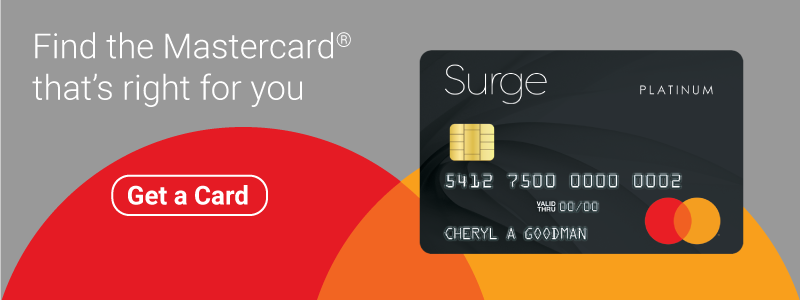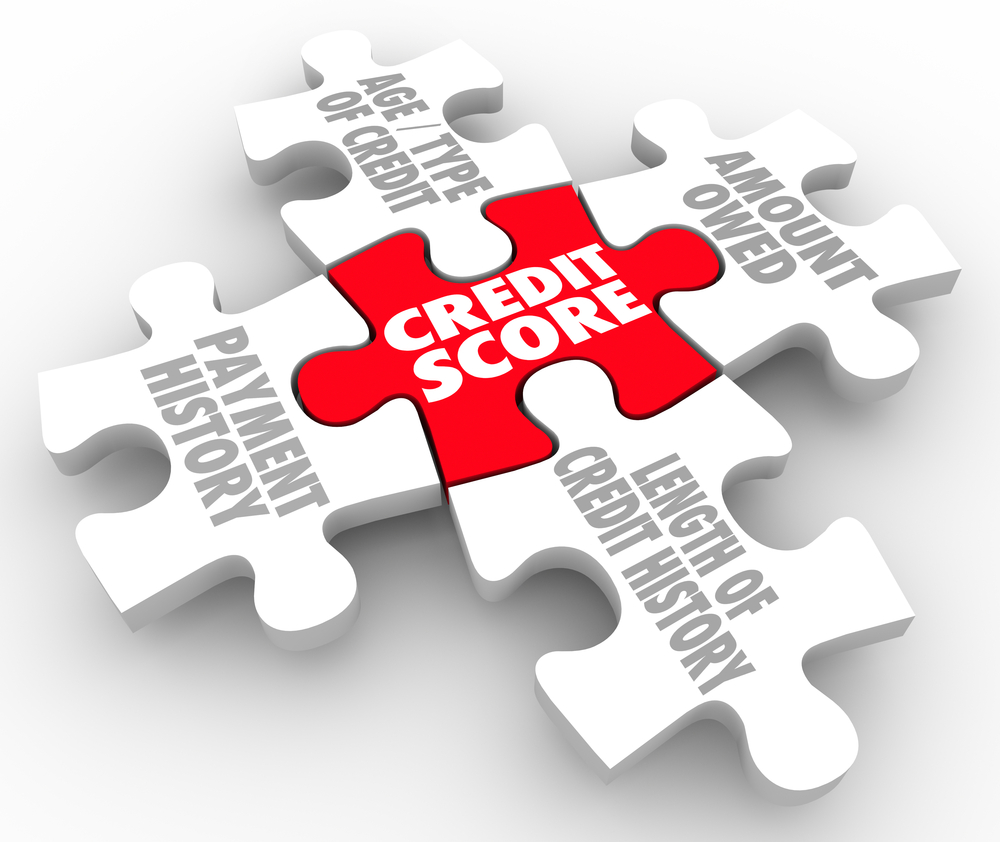You’re probably already aware of the major factors that affect your credit score, but you may want to know more about how credit utilization impacts it.
Although payment history for your credit card account owns the top spot (35%), credit utilization percentage (30%), can spell doom to your score if not managed correctly.
A lot of consumers (and even some small business owners) ask, why is my score not increasing, even when I make payments on time?
Well, this is because your credit score is not just about paying your debts, but also how you are utilizing your credit card account as a consumer.
What is credit utilization?
Credit utilization is a metric of credit card debt and is defined as the ratio of your outstanding credit balances compared to your overall amount of credit combined across all your accounts, including both credit cards and credit lines. To maintain good credit the best practice is to keep your credit utilization rate low, specifically below 30 percent. A higher credit utilization rate during your monthly billing cycles sends balance alerts to the three major credit bureaus that develop the credit scoring models.
Greg Knotts, Continental Finance

More specifically …
Credit utilization is the ratio of your credit card’s limit to your current balance. So let’s say your card’s credit limit is $ 1,000 and your current balance is $350, your credit utilization would be at 35%.
Having a lower percentage or ratio is always better for your credit report and in turn, your credit score. It shows that you’re a responsible borrower since you’re only using a small portion of the credit that has been offered to you.
How is it factored into my score?
Several scoring model are out there, but the most common is FICO.
FICO first scores the credit utilization for each of your credit cards separately. Then it calculates your entire credit utilization, which is the total of your credit card balances compared to the total of your credit limits.
If your credit utilization is high on both calculations, your credit score will experience a drop.
Keep your credit utilization low
If you’re thinking that you can get away from a credit score drop by paying your balances in full, think again.
FICO can’t be tricked by merely paying off an entire balance that was 30% or more of your credit limit.
Most credit card servicers report to the major credit bureaus every month, but there’s no specific time when they send the report. Even if your account shows a zero balance after you’ve made a payment, they may have already sent a report stating that you have a high credit utilization.
So to ensure your credit rating is increasing, make it a practice to keep your credit card balances low at all times.
Always know where you’re at with your balances by checking regularly.
Make sure you know the credit limits of your cards and that your utilization ratio is lower than 30%. Your credit card servicer can increase your credit limit or decrease it for various reasons, and when they do, you have to adjust your utilization accordingly.
If your credit rating dropped due to high credit utilization, this damage is not permanent.
As soon as you reduce your balance and or your credit limits have gone up, your credit utilization will go down and your credit score will slowly climb back up.
Pro-tip on Credit Utilization
If you are repairing or building your credit rating, it’s crucial that you keep your credit utilization low while paying your credit cards and credit balances in full and on time.
For more tips concerning personal credit, credit limit increase tips, business credit terms and more, keep reading the editorial content published regularly on the Continental Finance Blog.

Continental Finance is one of America’s leading marketers and servicers of credit cards for people with less-than-perfect credit. Learn more by visiting ContinentalFinance.net



